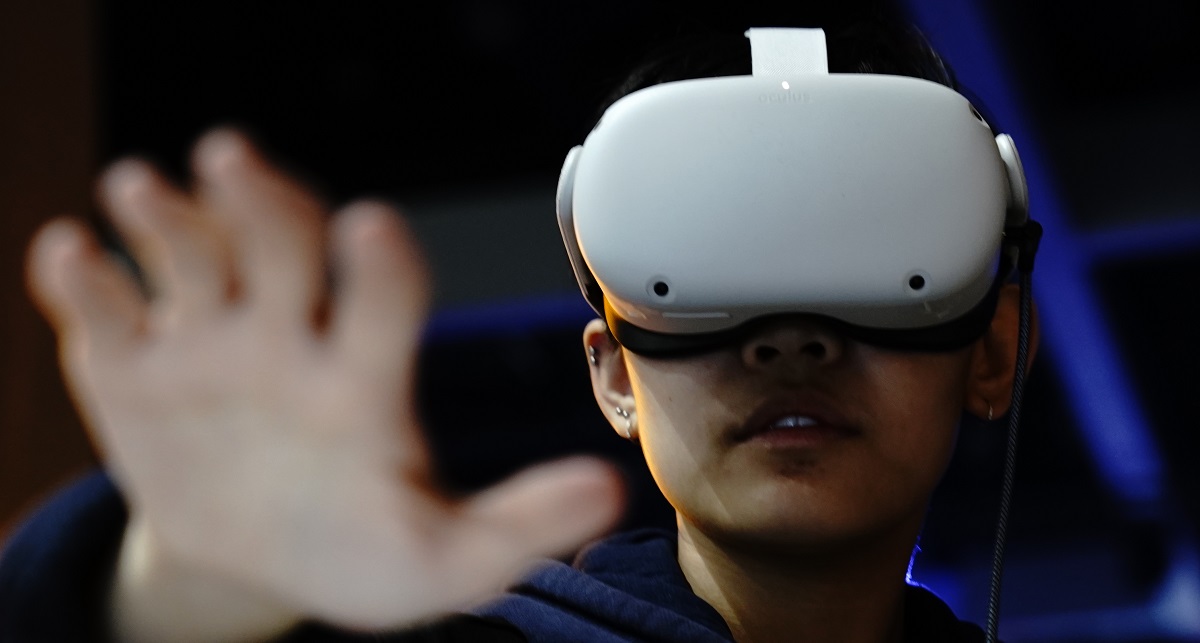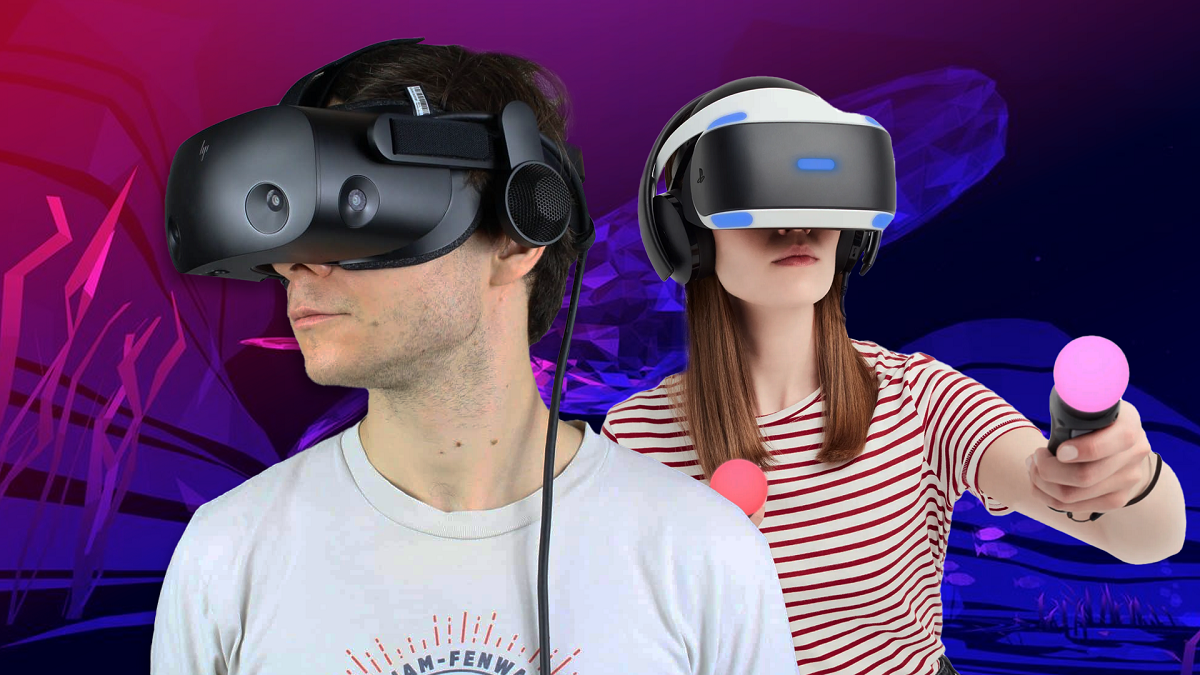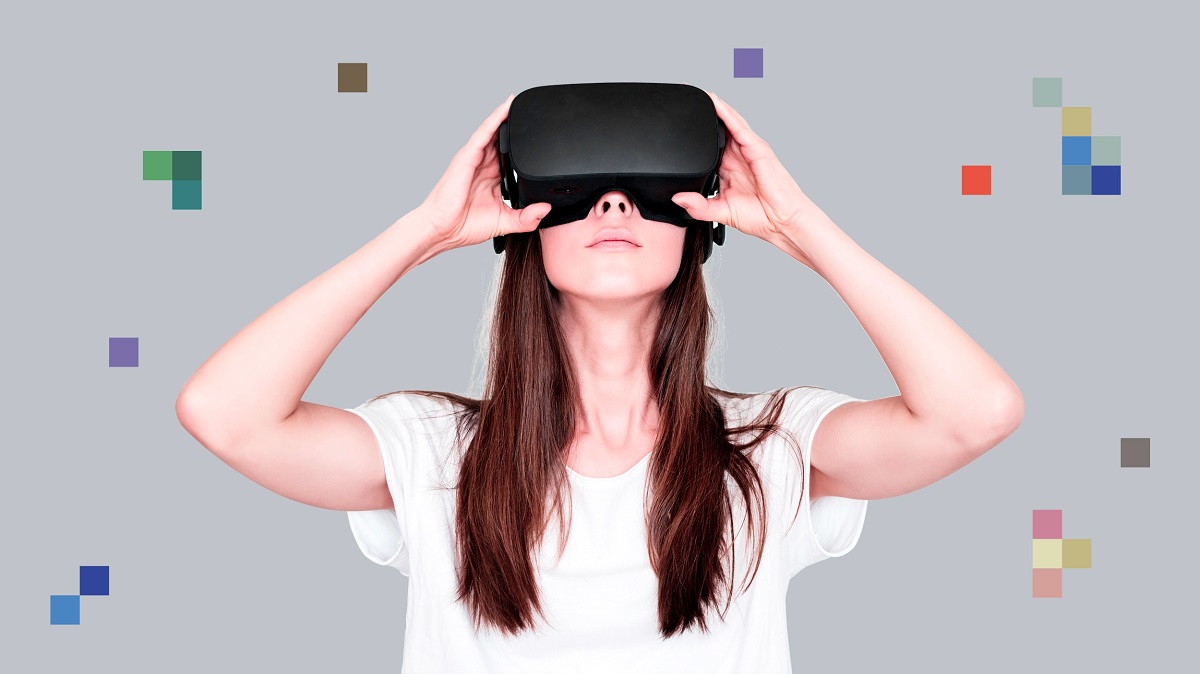
Neuralink, Elon Musk's brain-control interfaces co...
news-extra-space

 The VR group received 125.3 milligrams per hour, compared to a study average of 750.6 milligrams per hour. The VR group also spent less time in the post-anesthesia recovery unit, spending an average of 63 minutes versus 75 minutes in the non-VR group.
The researchers believe that those in the VR group required lower levels of anesthetic because they were more distracted than those in the non-VR group. The team admits that it's possible that the VR group went into surgery already believing that VR would be effective. Future trials will need to look into this possibility.
According to Adeel Faruki, an assistant professor of anesthesiology at the University of Colorado who led the study, the team now plans to run a similar subsequent trial in patients undergoing hip and knee surgery to continue exploring whether VR could help manage anxiety during operations.
The VR group received 125.3 milligrams per hour, compared to a study average of 750.6 milligrams per hour. The VR group also spent less time in the post-anesthesia recovery unit, spending an average of 63 minutes versus 75 minutes in the non-VR group.
The researchers believe that those in the VR group required lower levels of anesthetic because they were more distracted than those in the non-VR group. The team admits that it's possible that the VR group went into surgery already believing that VR would be effective. Future trials will need to look into this possibility.
According to Adeel Faruki, an assistant professor of anesthesiology at the University of Colorado who led the study, the team now plans to run a similar subsequent trial in patients undergoing hip and knee surgery to continue exploring whether VR could help manage anxiety during operations.
 According to Brenda Wiederhold, cofounder of the Virtual Reality Medical Center, who was not involved in the study, there is a growing body of evidence that VR can be a useful surgical aid. Medical professionals would need to monitor patients for cyber sickness, a type of motion sickness that VR causes in some people.
“We have so many use cases for VR and surgeries, like cesarean births and pre-and post-cardiac surgeries,” she says.
According to Brenda Wiederhold, cofounder of the Virtual Reality Medical Center, who was not involved in the study, there is a growing body of evidence that VR can be a useful surgical aid. Medical professionals would need to monitor patients for cyber sickness, a type of motion sickness that VR causes in some people.
“We have so many use cases for VR and surgeries, like cesarean births and pre-and post-cardiac surgeries,” she says.
Leave a Reply






